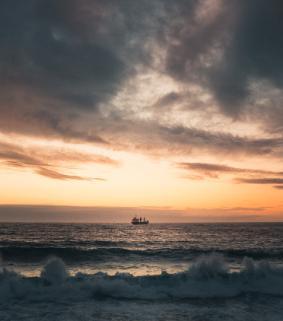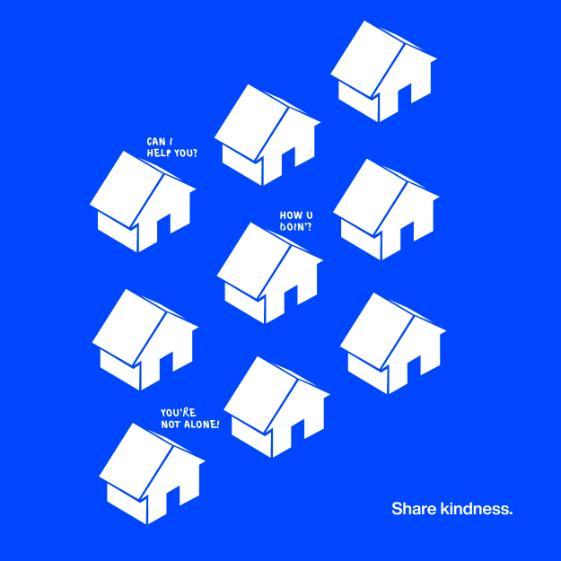The humanness of resilience
Published: 18 September 2020
How individuals can help strengthen community resilience by recognising the needs of their community and what they, as a human, can bring to it.
Dr Sandra Engstrom, Social work lecturer, UNITY Convenor
University of Stirling
Unsurprisingly, I (and I’m sure many other people) have been thinking a lot about resilience lately. Not only because it is an area of research that I am interested in, but because we are smack dab in the middle of a global pandemic that requires resilience in a way we haven’t experienced in quite some time, if ever.
What makes this even trickier, is that resilience is not easily defined. Resilience in one subject area will be defined and look different than what it looks like in another. Resilience in individuals will manifest differently than resilience in communities or businesses, and yet we need all of these disciplines, nuances and definitions to pull through this time with resilience.
I consider myself a fairly resilient individual, and yet I have to constantly remind myself that because I have days where I struggle, that does not make me less resilient. Individually, resilience needs to be thought of as a flexible concept in the way that it shows up. We can have days, contexts and situations where we bounce back better than before and are able to overcome what we are faced with, but we are also going to have days where we struggle, even if yesterday was the day we thought we had it all sorted. We are human, and this is part of how we understand our journey and our humanness. Understanding this ebb and flow releases the need or pressure to be resilient all the time, but we can work on not struggling for longer than perhaps necessary.
What helps of course, is having a resilient community. Recognising that there are various needs within a community, however that is defined for you, will allow people to have days where they give, and days where they receive. This mutual process of sharing will hopefully allow for the ebb and flow to be less pronounced and keep everyone and everything within that community on more of an even keel. At risk of over utilising the water and boat metaphor, every crew member has a role to play to keep the boat going through a storm and into safe harbour, and that is exactly what we think about when we think community resilience. It is important to know what role you are playing and who to go to when you need an extra hand.

A lot of talk is about community resilience during, or in response to, extreme events, but the majority of community resilience has to be built and nurtured on a day to day basis through small interactions and relationship building processes. Do we now know who our neighbours are? Have we joined a community group and taken more of an interest in how to support the people that we see on our daily walk? These people that we may not have paid much attention to previously, we now ensure we say hello to and wave as we acknowledge our shared lockdown struggle. Our recent research project found that experience and shared memory as well as social ties and wider connections were some of the key components to fostering community resilience. So all those new ties to your community, even though they seem small, are actually significant steps to understanding what matters to people and creating a collective consciousness that will support our communities overall resilience.
When I think about resilience and its role to play in how we move forward from this time, I think about how many times I’ve seen or heard about people coming together to support those they love, those they are still getting to know, or those they do not know at all. These connections are shaped and defined by the individuals and communities that we are in, realising that we need to prop each other up and aren’t going to get through this on our own. We each bring our own skill set and experience that collectively, will strengthen our ability to bounce back better than we thought possible. I am a strong believer in the power of the collective and that our diversity and our relationships are our strengths. I am holding on to the hope that this experience will bring this out into the open and remind us of what we are capable of.

First published: 18 September 2020
<< Blog

